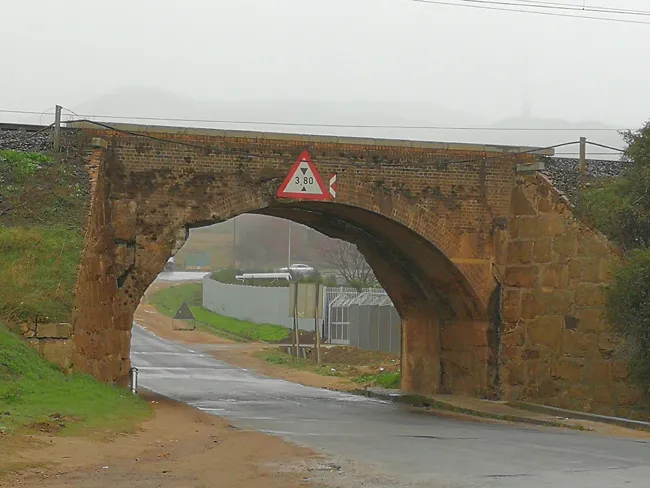In the UK police are finally to be issued with a new drug testing kit. This development follows trials of testing technology able to detect the presence of illegal drugs using samples from drivers. The kit that has been approved by the UK authorities can analyse a mouth swab for traces of cannabis. Systems capable of determining the presence of other drugs are in development at present. This new kit for checking on the presence of cannabis will be used at police stations, and does away with the need to have
January 8, 2013
Read time: 2 mins
In the UK police are finally to be issued with a new drug testing kit. This development follows trials of testing technology able to detect the presence of illegal drugs using samples from drivers. The kit that has been approved by the UK authorities can analyse a mouth swab for traces of cannabis. Systems capable of determining the presence of other drugs are in development at present. This new kit for checking on the presence of cannabis will be used at police stations, and does away with the need to have a doctor take a blood sample for drug testing. Data shows that during 2011, at least 640 accidents were caused by drivers who were confirmed as having either illegal or medicinal drugs present in their system. According to official Department of Transport statistics, this included 49 deaths. Previous research has revealed a high incidence of drivers using drugs. Young drivers in the 17-24 age range pose a particularly high risk in this regard, and cannabis has been identified as one of the most widely used illegal drugs by drivers. Trials of drug testing kits have been carried out in various parts of the UK to asses the performance of the technology and confirm the validity of the results. However, these have already been used by police in some countries (such as Australia) for some time.








